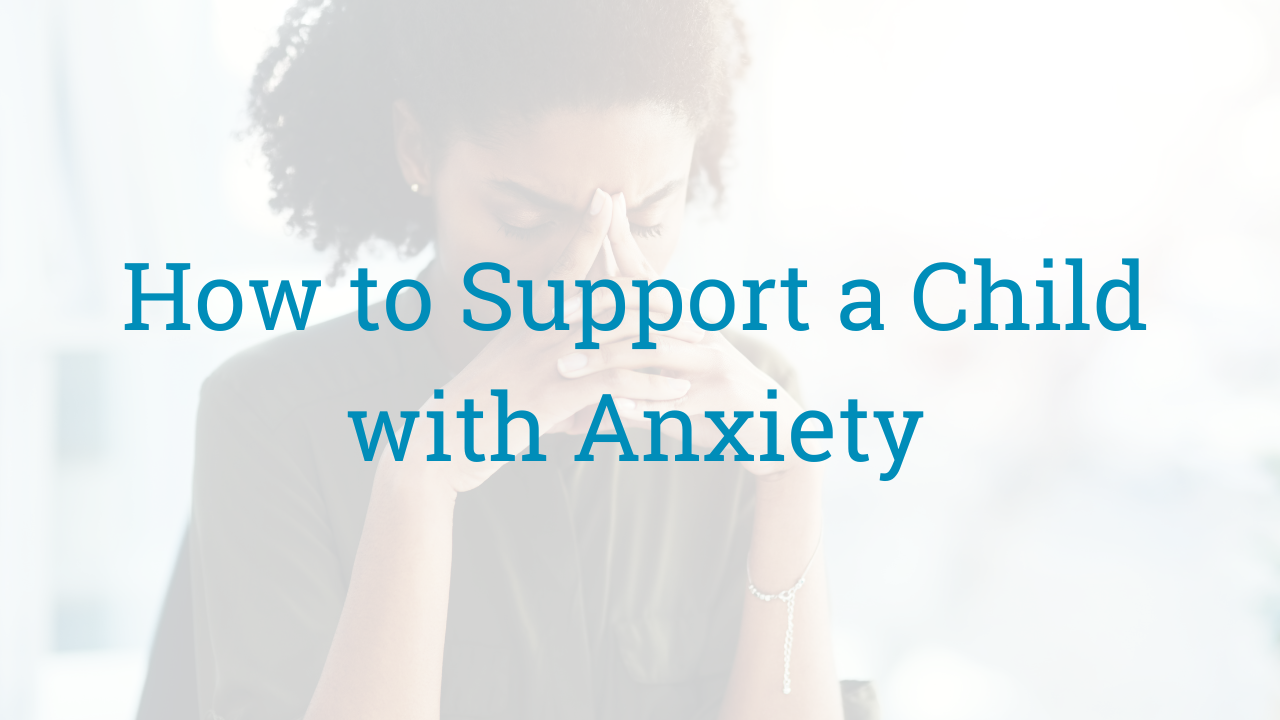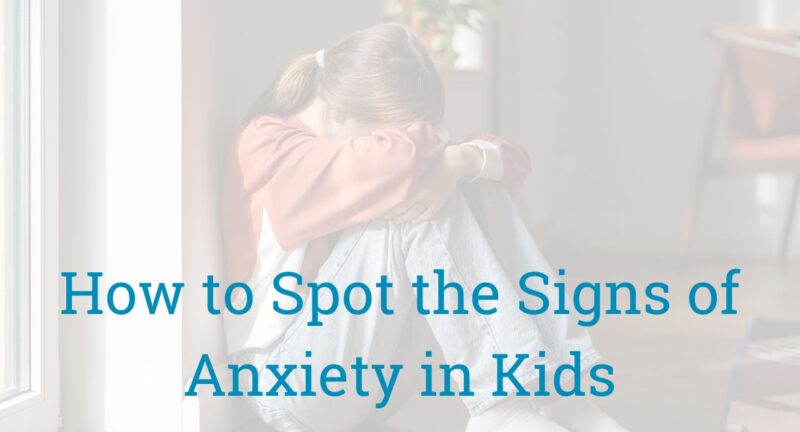
How to Support a Child Recently Diagnosed with Anxiety
When a child is diagnosed with anxiety, it can be a challenging and emotional time for both the child and their family. Understanding how to support them effectively can make a significant difference in helping them navigate their feelings and manage their anxiety.
Here are some key steps to support a child with an anxiety diagnosis:
1. Educate Yourself and Your Child
The first step in supporting your child is to educate yourself about anxiety. Understanding the condition helps reduce any fears or misconceptions, both for you and your child. Sit down with your child and explain anxiety in an age-appropriate way, using simple terms. Let them know that feeling anxious is a normal part of life and that they are not alone.
2. Create a Supportive Environment
Children with anxiety often feel overwhelmed and misunderstood. It’s important to create a safe and supportive environment at home where your child feels comfortable expressing their feelings without judgment. Encourage open communication, listen actively, and let them know that it’s okay to have anxious feelings.
3. Establish Routine and Predictability
Anxiety thrives in uncertainty. One of the most helpful things you can do is establish a consistent daily routine. Having a clear schedule for school, meals, homework, and bedtime can help your child feel more secure and in control of their environment. Routines can ease anxiety by reducing the unknowns.
4. Practice Coping Strategies Together
Teach your child coping strategies to manage their anxiety. Breathing exercises, mindfulness techniques, and progressive muscle relaxation are all effective tools. Practice these strategies together so your child can learn to use them in moments of anxiety. Over time, these tools can help them feel more in control of their emotions.
5. Encourage Healthy Habits
Physical health is deeply connected to mental well-being. Encourage your child to engage in regular physical activity, maintain a balanced diet, and get enough sleep. A healthy body can help regulate the nervous system and reduce the intensity of anxiety.
6. Seek Professional Support
While family support is crucial, working with a mental health professional can provide your child with additional tools to manage their anxiety. Here at Next Step 4 Mental Health, a mental health professional trained in child anxiety can guide your child in understanding their triggers and developing healthier thought patterns.
Cognitive-behavioral therapy (CBT) is a proven method for treating anxiety in children and can make a huge difference.
7. Be Patient and Understanding
Supporting a child with anxiety takes time and patience. Progress may be slow, and there may be setbacks, but it’s important to celebrate small victories along the way. Encourage your child to take things one step at a time, and reassure them that it’s okay to seek help when they need it.
At Next Step 4 Mental Health, we understand that each child’s experience with anxiety is unique, and we are here to help both children and families navigate this challenging journey.
If you’re looking for additional support or guidance, reach out to us today. Together, we can help your child build resilience, learn coping skills, and thrive despite anxiety.
Related Posts
How to Spot the Signs of Anxiety in Kids
Anxiety is a common challenge among children, and it can often go unnoticed as...
What is Mental Health?
Mental health is the state of well-being in which people understand their own...


